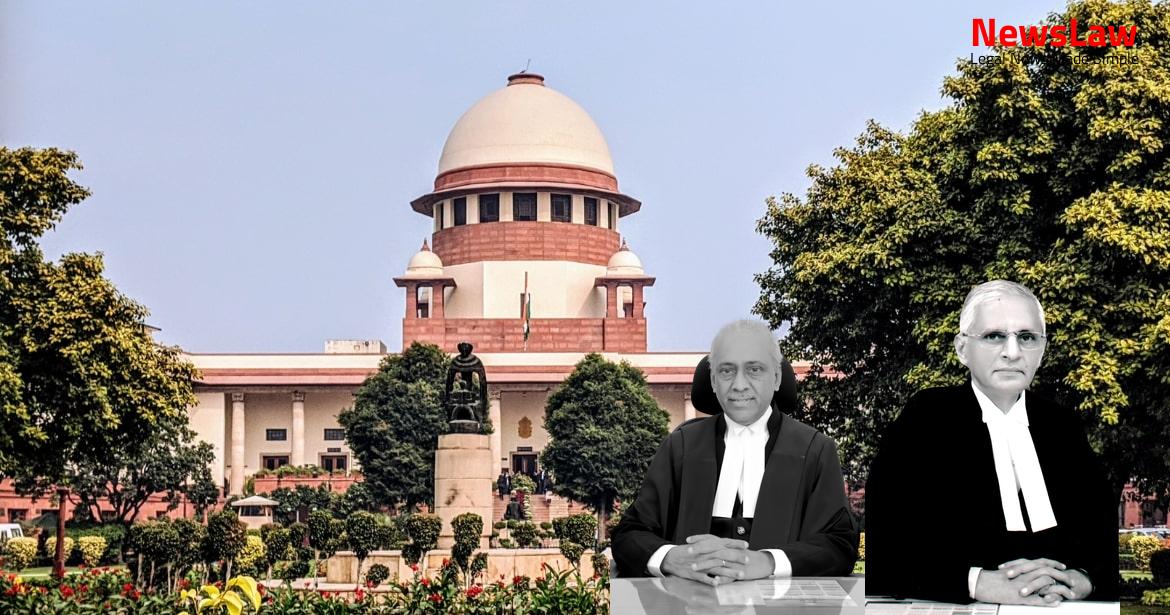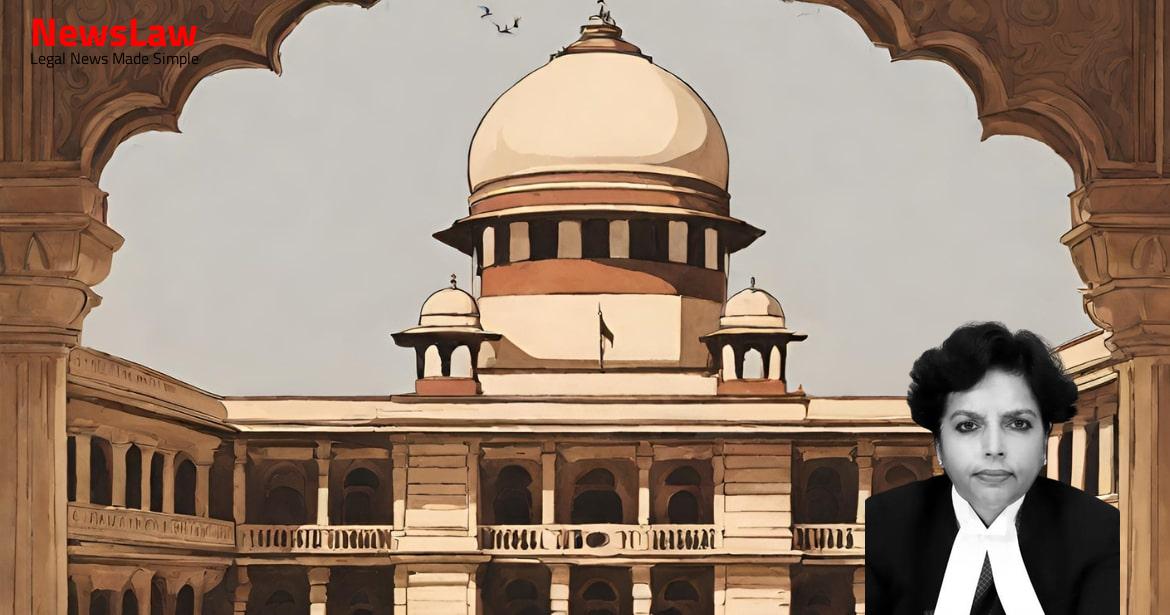Application of the Code of Civil Procedure.— (1) The procedure prescribed in the Code of Civil Procedure, 1908 (5 of 1908), shall save in so far as is otherwise provided by that Code or by this Act,] be the procedure followed in a Court of Small Causes, in all suits cognizable by it and in all proceedings arising out of such suits: Provided that an applicant for an order to set aside a decree passed ex parte or for a review of judgment shall, at the time of presenting his application, either deposit in the Court the amount due from him under the decree or in pursuance of the judgment, or give such security for the performance of the decree or compliance with the judgment as the Court may, on a previous application made by him in this behalf, have directed. 3 98,624/- (Rupees Ninety Eight Thousand Six Hundred Twenty Four Only) including decrial amount, compensation, incurred expenses etc., out from such amount, a sum of Rs. 50,000/- (Rupees Fifty Thousand Only) by passing the annexed tender along with application in compliance of section 17 of Provincial Small Cause Act, 1800 presented by applicants.” (Emphasis supplied) 5.
Also Read: https://newslaw.in/supreme-court/c-a-no-002845-002845-2017/
Therefore, it was not remained any relevance to again pass the order on application i.e., 08C after submitting the application i.e., 14C. Learned counsel for the revisionists contends that no notice in the SCC suit was served upon the revisionists and ex- parte order passed against the defendants- revisionists and even in execution proceedings no notice was served and ex-parte order passed against which application under Order IX Rule 13 C.P.C..
Sri W.H.Khan, learned Senior Counsel assisted by Sri Anand Srivastava, learned counsel for the opposite parties states that once the surety has been accepted, the earlier application has become redundant which is the order impugned in the present revision, therefore no adversity has been attended to by the revisionists.
On the basis of the said order the Trial Court by Order dated 07.12.2016, after noticing the Order of the High Court, found that the appellants have presented the Application under Section 17 of the Act at the time of presenting the Application under Order IX Rule 13 of the CPC, and that though the Application 8C was dismissed by Order dated 23.09.2015 on the basis of the Application No 14C, in view of the decision of this Court in Kedarnath v. Kedarnath (above), the Hon’ble Supreme Court established the principle, such principle completely clarified in the judicial citation i.e. If it is observed in these circumstances, it is not placed any order for admitting surety, in absence of the same, it cannot be inferred/ considered to not comply in any condition to the provisions of section 17 of Provincial Small Cause Act, but as the principle established by Hon’ble Supreme Court in the case of Kedarnath that in the condition of causing delay in passing order on the part of Court, the defendant cannot be declared guilty/ defaulter, in the present case also, this Revision Court cannot declare guilty/ defaulter to the defendants.
The impugned order dated 07.12.2016 and orders dated 23.09.2015 and 04.10.2016 respectively are dismissed and it is direction to Learned Trial Court that firstly, in the light of objections of plaintiff, pass the decree after compliance of section 17 of Provincial Small Cause Act or non-compliance in relation its report on 9 deposited amount and presented surety i.e. (Emphasis supplied) On the basis of the aforesaid order the Trial Court by order dated 11.02.2019 rejected the application under Section 17 dated 06.05.2014 and also the application dated 12.05.2015.
Therefore, under the provisions of section 145 of Civil Procedure Code, the surety cannot be recovered by selling the said shop 10 as it is vested ownership right of Municipal Corporation, Kanpur Metropolitan, Kanpur on the said land of shop. It was found that only an Application (14C) was filed on 12.05.2014, wherein the only prayer was to keep the ‘Application on record’. It was also found the Judgments relied upon by the appellants would not apply as instead of making prayer before the Trial Court to furnish appropriate security, prior to the Order dated 23.09.2015 was passed, the appellants resorted to litigation and at no stage they offered any 12 surety as per law. The appellants had moved the Application under Order IX Rule 13 of the CPC as well as the Application under Section 17 of the Act on the same day, i.e., 06.05.2014. If that had been passed and the Trial Court raises questions about sufficiency of the security, the appellants could not have submitted other security or cash without the Order of the Court.
However, it was contended that it is 15 not forthcoming as to why appellants did not press the Application under Section 17 dated 06.05.2014 and also filed other Application for security. The Application under Order IX Rule 13 has not been rejected on the ground that security was not furnished but on the ground that the security furnished on 12.05.2014 (Application 14C) was not a valid security. The provision as to deposit can be dispensed with by the court in its discretion subject to a previous application by the applicant seeking direction 17 of the court for leave to furnish security and the nature thereof. We think that it may be filed at any time up to the time of presentation of application for setting aside ex parte decree or for review and the court may treat it as a previous application.
The Full Bench of the High Court was dealing with the following facts: The Application under Order IX Rule 13 was accompanied by a security bond to cover the decretal amount. When the Court gives its direction, namely, whether the applicant is to furnish cash security or is to give some other kind of security, the applicant should present his application for setting aside the decree, together with the security demanded. Although the rule (Section 17, Small Cause Court Act), requires that the security is to be furnished at the time of presenting an application for setting an ex parte decree, it has been held in this Court in Moti Lal Ram Chandar Das. This view was taken by other High Courts also : see V. Where an applicant, without formally applying for the Court’s direction, makes an application for setting aside an ex parte decree and furnishes security with it, and the Court directs a notice to issue to the other side, it must be taken that the Court is cognizant of the fact that the applicant has furnished security as required by Section 17, Small Cause Courts Act. A party cannot suffer by the act of a Court, and therefore we must accept the position that the Court has given the direction, according to law to the furnishing of the security actually furnished, where the Court instead of rejecting the application of the defendant directs that a notice should issue.
Also Read: https://newslaw.in/case-type/criminal/bail-application-decision-co-accuseds-surrender-not-relevant/
But where the Court adopts a security without question and directs a notice to issue, it, by necessary implication, gives a direction that the security should be of the nature directed by it ‘and that the security furnished is sufficient to its mind.” (Emphasis supplied)
The view taken by Boys J., insofar as it is relevant, is contained in the following paragraph: “37.
(1) the applicant must within 30 days file his application either with cash or with a [statement that he is prepared to give security (and in the latter case, he may, of course, tender the security he proposes and ask for the direction of the Court (2) In the case where he wants to give security, if the Court refuses to direct (security, he must deposit cash within [the 30 days, or his application will be [rejected. (5) If filed within the 30 days and accepted by the Court expressly or impliedly by the issue of notice the application is a good application, though it will be open to the decree-holder to challenge the nature land sufficiency of the security and to the Court under Order 9, Rule 9 to make such further conditions as it thinks fit. It is quite clear to me that an application cannot be presented after the prescribed period, nor can cash or security be deposited after the expiry of that period.
The appellant moved an Application on the said day within the meaning of the proviso to Section 17 of the Act to permit him to furnish such security for the performance of the decree in lieu of cash due under the decree.
In view of the Judgment of this Court in Kedarnath (supra), the words ‘on a previous application’ in proviso to Section 17, have been understood to be an application, which may be made along with the application under Order IX Rule 13 of the CPC. The appellants had filed an Application under Order IX Rule 13 of the CPC and Section 17 of the Act, on the same day.
Case Title: ARTI DIXIT Vs. SUSHIL KUMAR MISHRA (2023 INSC 556)
Case Number: C.A. No.-003858-003858 / 2023



